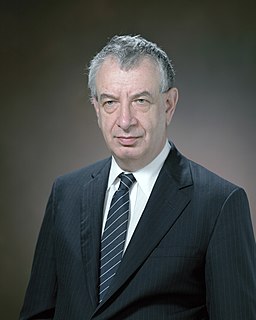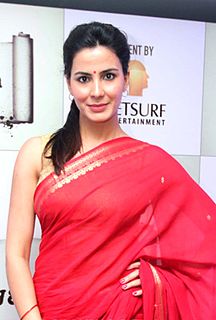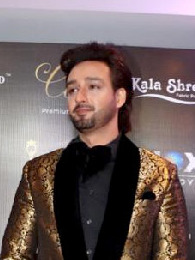A Quote by Noam Chomsky
This is a large part of the academic profession: to make up complex, subtle arguments that are childishly ridiculous but are enveloped in sufficient profundity that they take on a kind of plausibility.
Quote Topics
Related Quotes
What makes the voice pathetic is that it doesn't know what kind of people it's reaching. Us. No one hears it, except us. This Age wanted heroes. It got us instead: carefully constructed, but immobile. Subtle but, unfit to take up the burden of the times. It happens. A whole generation of washouts. History says stand up, and we totter and collapse, weeping, moved, but not sufficient.
I do have a very conscious desire not to be academic. I'm antiacademic. I hate jargon. I hate that sort of pretension. I am a person who [commits] breaches of decorum - not in private life, but in my work. They are part of my mode of operation. That kind of playfulness is part of my nature in general. The paradox that, in a way, to take something very seriously, you can't always be serious about it.
The receipt to make a speaker, and an applauded one too, is short and easy. Take common sense quantum sufficit; add a little application to the rules and orders of the House [of Commons], throw obvious thoughts in a new light, and make up the whole with a large quantity of purity, correctness and elegancy of style. Take it for granted that by far the greatest part of mankind neither analyze nor search to the bottom; they are incapable of penetrating deeper than the surface.
It's part of a writer's profession, as it's part of a spy's profession, to prey on the community to which he's attached, to take away information - often in secret - and to translate that into intelligence for his masters, whether it's his readership or his spy masters. And I think that both professions are perhaps rather lonely.
The recent past is full of diverse examples of writers - Mahfouz in Egypt, Pamuk in Turkey, and more interestingly, Pasternak in the Soviet Union - who have conducted their arguments with their societies and its political arrangements through their art in subtle, oblique ways. They didn't always have the license to make bold pronouncements about freedom, democracy, Islam, and liberalism, but they exerted another kind of moral authority through their work.






































